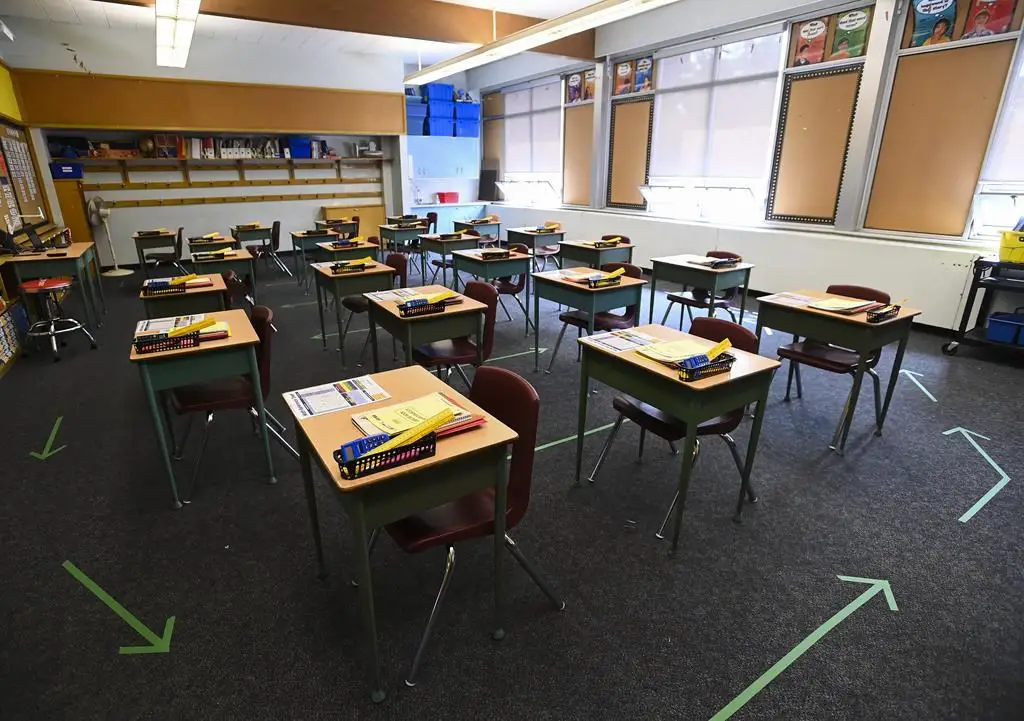Teachers and other frontline education staff will be able to book a vaccine appointment starting tomorrow, the Niagara Region reports.
“Through guidance from Niagara’s Community Coordination Taskforce for COVID-19 Vaccination, child care, elementary and secondary school sectors have been prioritized for COVID-19 vaccination in Niagara region,” it said in a news release.
Starting Friday, April 9, frontline staff in the following roles, who are unable to work from home, will be able to book a vaccine appointment:
- Teachers and educators, including occasional supply teachers who are actively working in-person and/or who backfill teachers who are absent because of potential COVID-19 exposures
- Early childhood educators, including those who provide coverage within either or both childcare and elementary school sectors.
- Licensees, employees and students on educational placement working in licensed childcare centres
- Licensed home childcare and in-home service providers
- Custodial, cafeteria and administrative staff
- Bus drivers and monitors
“Local leadership represented at the Task Force recognizes that teachers, child care workers and other education staff face unique risks in their work. Under the principle of reciprocity, we recognize the importance of prioritizing those who continue to make sacrifices to care and protect those most vulnerable in our community…This will provide another layer of protection for those who need it most,” said Dr. David Dec, Community Coordination Task Force for COVID-19 Vaccination Chair.
Eligible workers will be vaccinated at Niagara Health’s immunization clinic at the Seymour Hannah Recreation Complex in St. Catharines and will receive detailed booking instructions from their employer.
The Region said that early prioritization of child care, elementary and secondary school sectors for vaccination was based on a number of risk factors:
- Risk of exposure to infection, as many children experience asymptomatic infections which make them difficult to diagnose
- Risk of transmission within a congregate environment (including transportation to school and in-class learning)
- Risk of disruption to in-person learning, which is critical to the mental, behavioural and developmental health of children.
- Risks of long-term effects from COVID-19 in children, including rare but serious cases of inflammatory syndrome, remains unclear and therefore it is important to vaccinate those who may transmit illness to children.
As of April 6, 23.3% of current outbreaks are associated with child care or school settings.
“Vaccinating this population will also ensure ongoing capacity to focus resources on vaccination rollout, instead of contact tracing, outbreak management and providing care for those in hospital,” the news release said.
The decision was made at the Task Force’s April 1 meeting, where members provided input into the prioritization for populations included in the second phase of the Province’s vaccination plan.
Over 1,500 education staff in Niagara who directly support students with special needs were vaccinated in late March.

